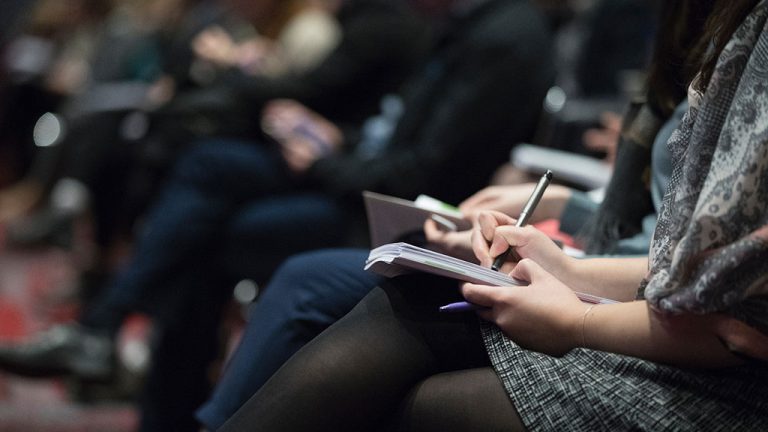Construction company CEOs recently weighed in on the opportunities for the industry in the next few years and all of them agreed innovation and sustainability are at the top of the list.
“Sustainability is definitely a game changer and innovation is the most effective catalyst to scale up our impact,” said Rene Thibault, head of North America at LafargeHolcim, during the CEO roundtable: re-imagining the future of the industry, held as part of the Canadian Construction Association’s (CCA) Virtually Unstoppable conference.
“Accelerating the push on sustainable construction, building for future generations and just putting sustainability at the core of our innovation pipeline.
“Whether it’s our customers or our suppliers, were all asking each other, because our communities are asking us or are expecting of us as an industry, to make much larger steps in sustainability.”
CCA chair Ray Bassett moderated the panel which also included Dave Filipchuk, president and CEO at PCL Construction and Frederic Roussel, president and general manager at Colas Canada Inc.
While the construction industry has been slow to adopt and deploy new technology, the pandemic has made it necessary to think outside the box.
“It’s not just the acceleration of the use but the acceleration of the development of this technology to create efficiencies on the jobsite,” said Thibault. “It’s also about the speed of digital development and how we use that to become more productive, because we need to become more productive but also safer.”
Crews now use apps to order materials, GPS to track materials coming to jobsites and use digital tools to measure productivity on a daily basis. He used the example of a truck tracking app that turned into a concrete delivery app when the pandemic hit.
“Within three weeks our teams were able to develop a touchless ticket, so basically our trucks came onsite and delivered concrete. Nobody had to touch anything and we had electronic proof of delivery,” said Thibault. “You can see where all of a sudden the crisis allowed us and our teams to really now start thinking outside the box to work quickly to adapt to customers’ needs and to the environment around them.
“If I think of how we developed digital tools in the past it was always a big IT project,” he added. “I think what we have learned now is that we don’t have to have a perfect tool we just need to have something quick.”
Filipchuk said PCL found innovation within the organization.
“We used a crowd sourcing tool that can mine people in the organization that are going to come up with brilliant ideas and what is truly needed. Some of our advancements have come through ideas submitted,” he said.
The industry has an important role to play in the economic recovery of the country, he added.
“In terms of consumer spending, there’s a lot of pent up demand in our communities, which is going to bring a lot of industries along for the ride including construction,” said Filipchuk.
“I think our industry has a role to play in supporting a healthy exit from the pandemic, leveraging the opportunities of what we have in this country and that includes a strong resource economy.”
One of the trends the CEOs are seeing is a move to environmental, social and corporate governance (ESG).
“ESG is a natural next step for CSR (corporate social responsibility),” said Roussel, calling it a revolution. “It’s going to change the way we do business.
“We’re going to be evaluated now not on what we build, but how we build it, the resources we use and how good it is for the society.”
Filipchuk said it has become a baseline expectation in large public companies and it’s transcending into the private sector.
“The sustainable components of the final asset are often the decision of the client,” he pointed out, adding there are things that contractors can do to be sustainable. “Waste diversion energy efficient approaches, technology available now…all these things might sound small in isolation but done together this greater use of technology can move the needle.”
The company has been working on its own CSR report.
“Employee expectations are higher now than they ever have been,” Filipchuk said. “They want to know that the organization that they are working for is making a positive impact. They hold us accountable for that positive impact way more than has happened in the past and fundamentally that’s a good thing. Large or small, working alongside the expectations of your own internal employees and your external clients will help guide you to a successful approach to sustainability. It’s going to be different tomorrow than it is today.”
Follow the author on Twitter @DCN_Angela.











Recent Comments
comments for this post are closed